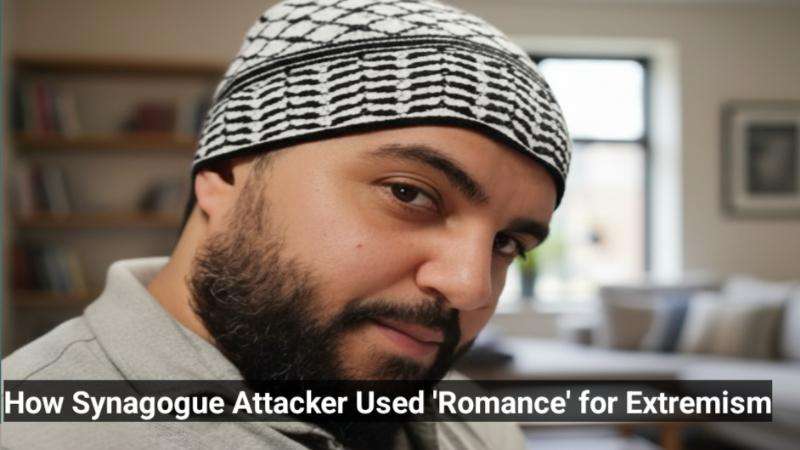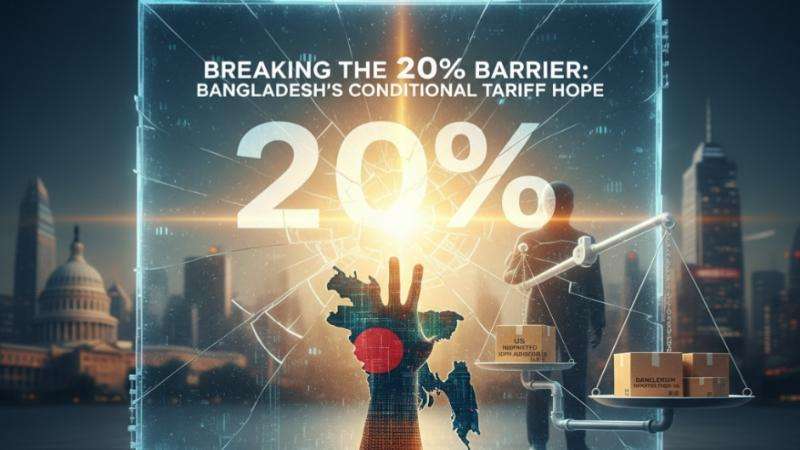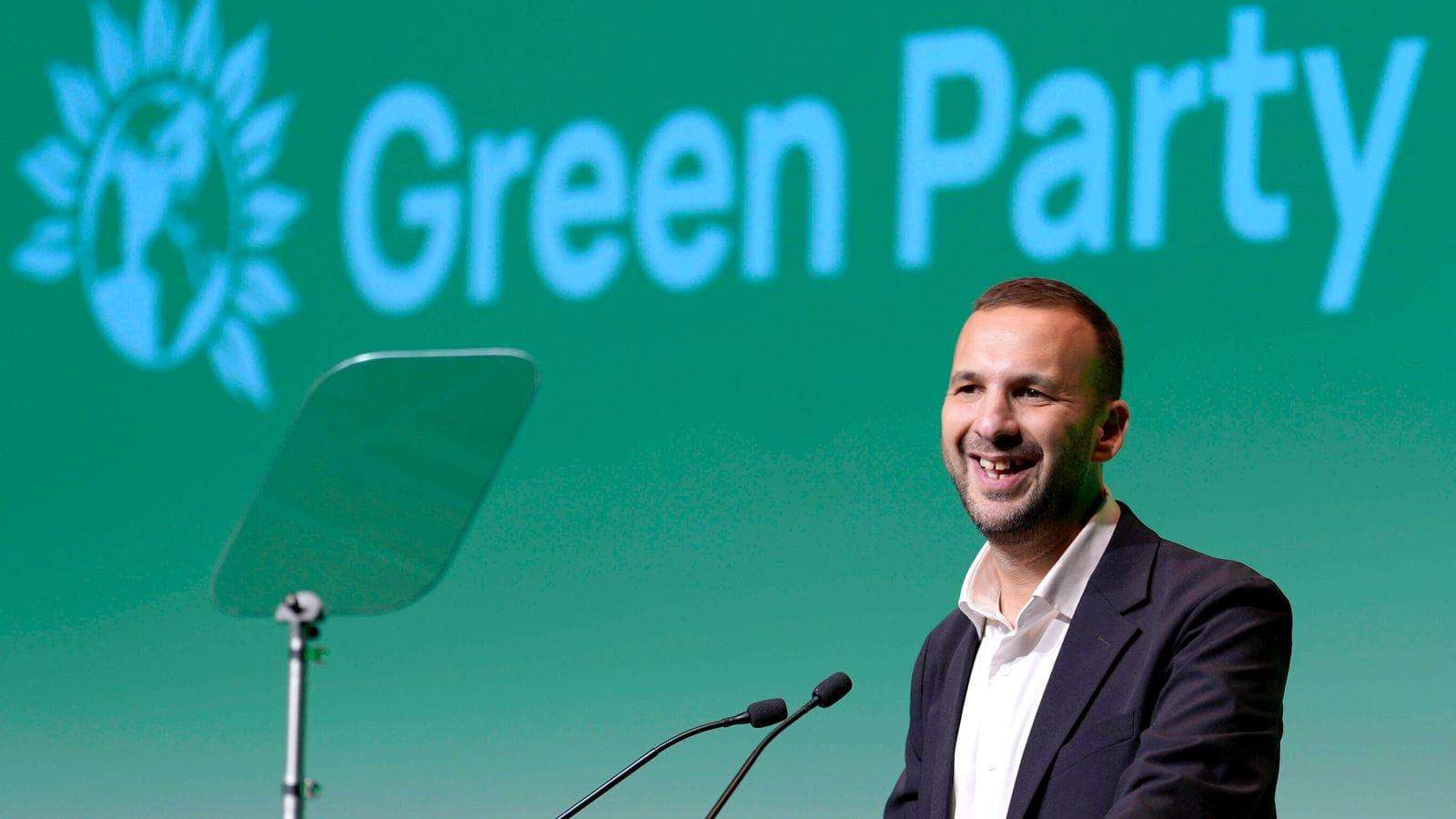A major pro-Palestinian demonstration in London’s Trafalgar Square yesterday resulted in the mass arrest of 335 individuals, once again igniting a fierce public and legal debate over the UK government's controversial use of anti-terrorism legislation against a protest group.
The Metropolitan Police confirmed that a total of 335 people were arrested for offences relating to the support of Palestine Action, a direct action group that was proscribed by the UK government under the Terrorism Act in July. The ban makes it a criminal offence to show support for the group.
The demonstration, organised by the campaign group Defend Our Juries, went ahead despite pleas from the police and senior political figures, including Sir Keir Starmer, to postpone the event out of respect for the Jewish community following a deadly synagogue attack in Manchester days earlier.
The Core of the Conflict: A Law Test
At the heart of the mass arrests lies the legal status of Palestine Action. Protesters, many of whom were holding signs that read "I support Palestine Action," intentionally courted arrest to challenge the law. They argue that proscribing a protest group—whose actions have primarily targeted property linked to Israeli defence contractors—is an unconstitutional overreach that stifles political dissent and freedom of expression.
Among those arrested was Elizabeth Morley, a 79-year-old Jewish woman and daughter of a Holocaust survivor, illustrating the diverse background of those willing to defy the law. Defend Our Juries member Zoe Cohen, who is also Jewish, defended the protest, stating, "if today's vigil had been cancelled we would have been letting terror win." She argued that it is possible to grieve for both the victims of the Manchester attack and the Palestinians in Gaza.
Questioning the Police Response: Was Mass Arrest Necessary?
The sheer scale of the arrests—necessitating a large police presence and the use of a processing pen in the square—has prompted serious questions about the proportionate use of police resources.
The Met Police had deployed 1,500 officers to the square, a move they argued was necessary due to the protesters' method of non-compliance, with the force noting that "many of those arrested won't walk out of the square and need to be carried," a process that requires a minimum of five officers per individual.
In a letter to Defend Our Juries, the Met had expressed concerns that the protest was "drawing resources away from the communities of London at a time when they are needed most," specifically referencing the increased need for "visible reassurance and protective security" for Jewish and Muslim communities following the Manchester terror incident.
However, critics, including the protest organisers, contend that the police's decision to enforce the law so stringently against largely peaceful demonstrators is a political choice, not a necessity. They urged the police to "prioritise protecting the public from real terrorism, and not waste resources on enforcing the absurd and ridiculous ban on Palestine Action."
Dave Rich of the Community Security Trust (CST) charity, which provides security for the Jewish community, criticised the protest as "phenomenally tone deaf," arguing that the activists were diverting critical police resources needed to protect vulnerable communities.
With Palestine Action having already won permission for a judicial review to challenge the proscription, the ongoing mass arrests serve to place immense pressure on the UK's criminal justice system while escalating the national debate over the balance between national security and the fundamental right to protest.


_3.jpg)
_4.jpg)



.svg)
